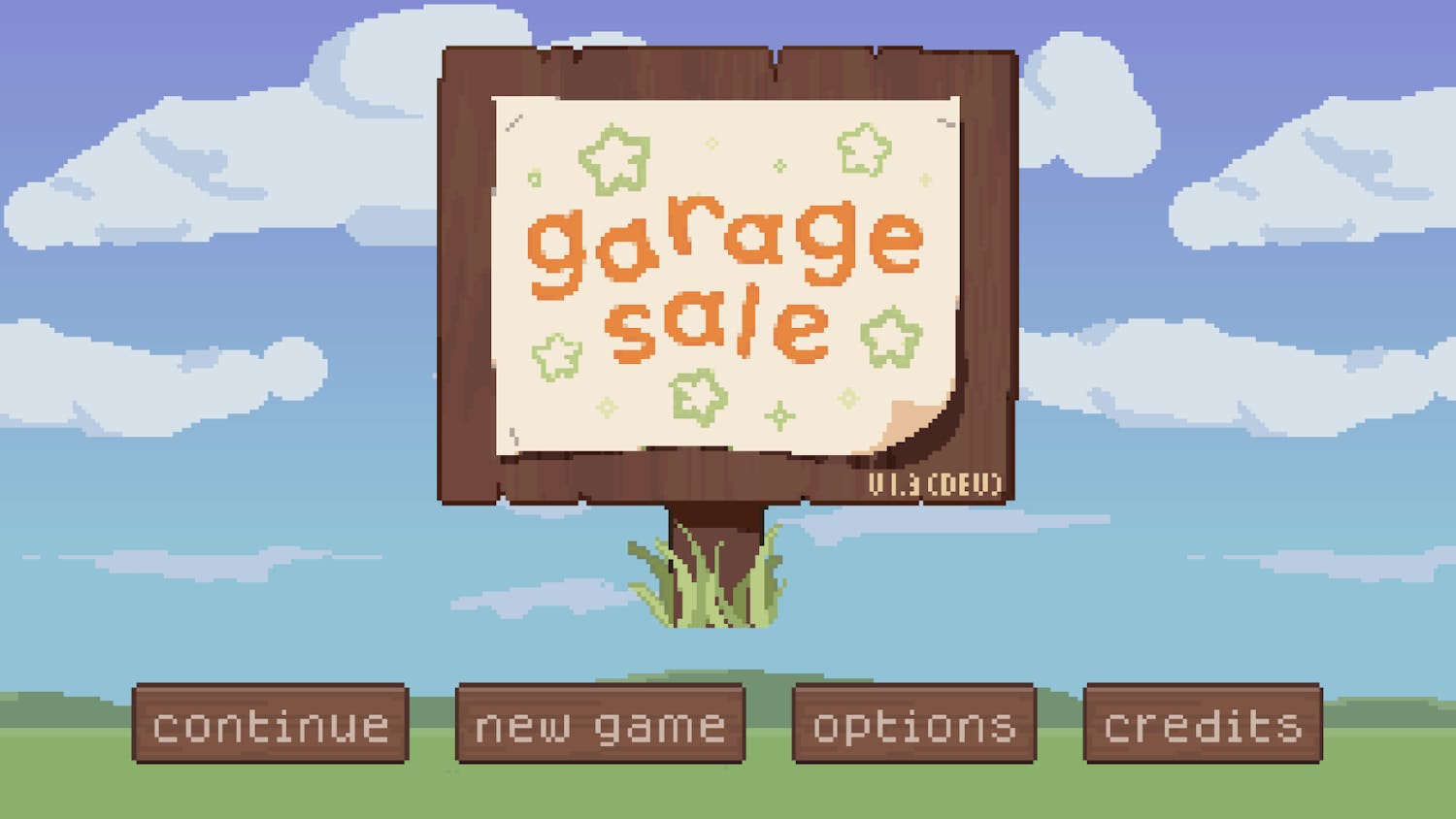A war on the people who have the audacity to make budget-priced or free, independent games that represent characters other than grizzled white dudes has been ongoing since August. Their games push back against the idea that games must be power fantasies, whether the power in place is the ownership of a vehicle worth millions or being an individual assassin striking terror in the hearts of the orcs of Middle Earth. Most, if not all, of these games are pretty easy to acquire, run on your college laptop, and cost $20 or less.
This hate campaign goes by the name #GamerGate. The movement was primarily founded in two events; the harassment and revealing of personal information of game developer Zoe Quinn (“Depression Quest”) regarding her supposed impropriety in “attaining press through personal relationships”—which has been debunked, though persists in a “Five Guys, Burgers and Fries” meme you can see perpetuated even in our own State Street location—and an article by games editorialist Leigh Alexander proclaiming the death of the “gamer” identity. The latter led to the creation of the #GamerGate hashtag by Adam Baldwin of the cast of “Firefly.”
Some claim that the movement is about the “contempt for the audience” this rejection of the “gamer” identity shows, but it seems to ignore sites like Giant Bomb that decried “gamer” as a marketing term invented in the early 2000s. Instead, it comes after those who entreat game developers and writers to offer experiences to new audiences. Many now claim it’s a movement about “corruption in the games industry,” but it seems to ignore sites that are taking marketing deals from Electronic Arts or Microsoft; rather they are coming after those who dare to publish “social justice oriented” articles that “push an agenda.” The agenda: it would be cool if LGBTQ and nonwhite characters appeared in more games.
After the hashtag gained popularity, enterprising influencers rallied angry individuals to launch hate campaigns against, well, most of my Twitter timeline. Every day I’ve watched the writers and designers who inspire me respond to death threats, rape threats, homophobic slurs (+transphobia), racial slurs (primarily toward Asian-Americans), gendered insults (both referring to the promiscuous and the anatomical) and paranoid accusations of “collusion” or “corruption.” Most, though not all, of the victims are women. The aforementioned Quinn, along with feminist critic Anita Sarkeesian, received high-profile attention when harassment got so specific that they fled their homes.
A handful of the industry’s best writers have quit in the face of this harassment. The most well-known of these is Jenn Frank, who has been writing Major Games editorial work for the last twelve years. I could name several more, let alone all the people who were not well-read enough to be noticed or those who turned away before getting involved at all. Game developer Phil Fish (“Fez” and one of the subjects of the documentary “Indie Game: The Movie”) is legendary for his standoffishness and ability to throw and take punches; he left the games industry midway through development of his new game.
Others have taken a harder stance. Quinn infiltrated the chatrooms where people discussed whether or not they should try to get her to commit suicide. After the first month, she submitted her screencaps, chat logs, documents, and evidence of hacking to the FBI. Sarkeesian, well known for fielding this kind of abuse since the Kickstarter announcing her “Tropes vs Women in Video Games” series launched, gave a talk at XOXO Fest detailing the harassment.
The #Gamergate people are losing. Alexander has been chosen to write about the issue for Time Magazine and The Guardian, to introduce the conflict to the general public. They still hammer down dissent; the GaymerX games convention promoting LGBTQ representation announced a stance of “neutrality” towards the issue, legitimizing the movement as another side, out of fear of harassment. They have rectified this and publicized their dissent. Intel pulled advertising from Gamasutra, the host of the “death of the gamer” Alexander article.
For those hoping it would calm down soon, The Escapist, a high-profile gaming coverage site, ran interviews last Friday with several noted harassers. One person who complained, developer Brianna Wu, received rape and death threats that included her address, making her the third victim of harassment to flee her home in terror. Most major gaming coverage sites failed to cover the story.
Let it be known; this columnist will not tolerate #GamerGate. The group is a hate movement, regardless of its uninformed constituents. Those who have the strength to stand up are heroes, and those who leave will be understood and missed. Go read them; there are plenty of voices worth hearing.
Do you agree with Alex’s stance on #GamerGate? Share strength in numbers by emailing him at alovendahl@wisc.edu.





